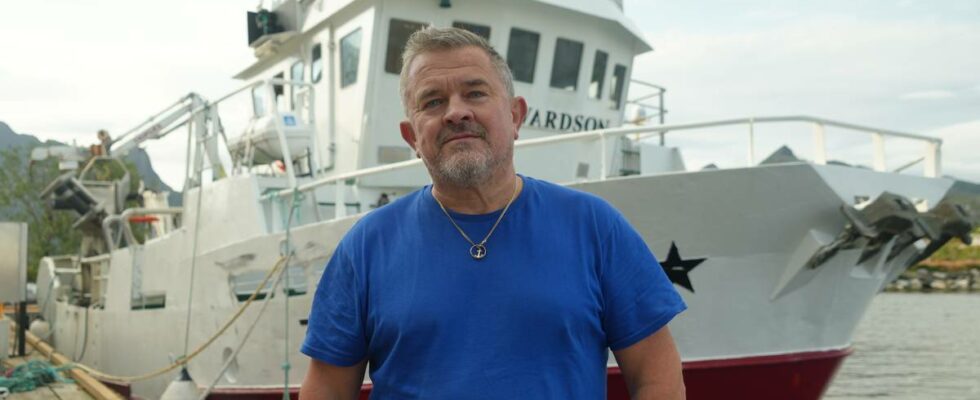In recent years, after several good years, there has been a reduction in quotas, which has caused great concern among many. – I see that there is a change of pace among the employees. Three years ago we decreased by 20 per cent, in 2023 we decreased by 20 per cent, and we will do so this year as well. That’s what coastal boat owner and Conservative politician Rolf Bjørnar Tøllefsen says, who is by no means optimistic about the future. – The quota advice for next year is 31 per cent down. We are at a third of what we were at a few years ago. The amount of fish is worryingly small, he says. On Saturday morning, Tøllefsen hosted Helgemorgen on NRK1. This in connection with Husøydagan in Senja, where, among others, Minister of Fisheries and Oceans Marianne Sivertsen Næss (Ap) took part in the debate. GATHER: These days Husøydagan is organized at Senja. On Saturday, the stage was set for a fisheries debate. Photo: Pål Hansen / news Want dialogue The concern related to the large reductions in fishing quotas is supported by Minister Marianne Sivertsen Næss (Ap). – After several good years, there has been a reduction in quotas in recent years, and the quota advice for next year does not give reason to be optimistic, says the minister. The decline is significant for both the fishermen and the coastal municipalities. CONCERNED: The quota recommendations for next year give no reason for optimism, believes Sivertsen Næss. The picture is from a previous meeting with the industry. Photo: Sebastian Faugstad / news Sivertsen Næss points out that the reason for the reduction in quotas is that fish stocks are declining. – This is not something we have a quick fix solution for, and we really have to take note of that, but I am certainly concerned. The Ap politician himself wants dialogue with industry and the research community. This is to discuss the situation and come up with good solutions, she says. – Significantly less news has previously investigated the largest quota sellers. Together, these 10 had gains of up to NOK 1.4 billion from boat and quota sales from 2016 to 2021. Tøllefsen himself, through Senjen Fiskeri, was one of those who had had the largest sales gains from quota and boat sales in recent years. From 2016 to 2021, the shipping company had operating income of NOK 193.4 million. Tøllefsen himself flatly denies that the industry is now only earning slightly less. – Interest rates have gone up, and diesel prices have also exploded. All these factors mean that earnings will be significantly less. When asked if the authorities can do anything beyond distributing it fairly, Sivertsen Næss replies: – The Storting has just adopted a new quota notification, where it has been ensured that the smallest fleet comes out stronger. That can be put in place as early as 2025, so in that sense you can say that you have achieved that redistribution, she says. Published 17.08.2024, at 21.56
ttn-69
The fishing industry worried about the development in the fishing quotas – news Troms and Finnmark

